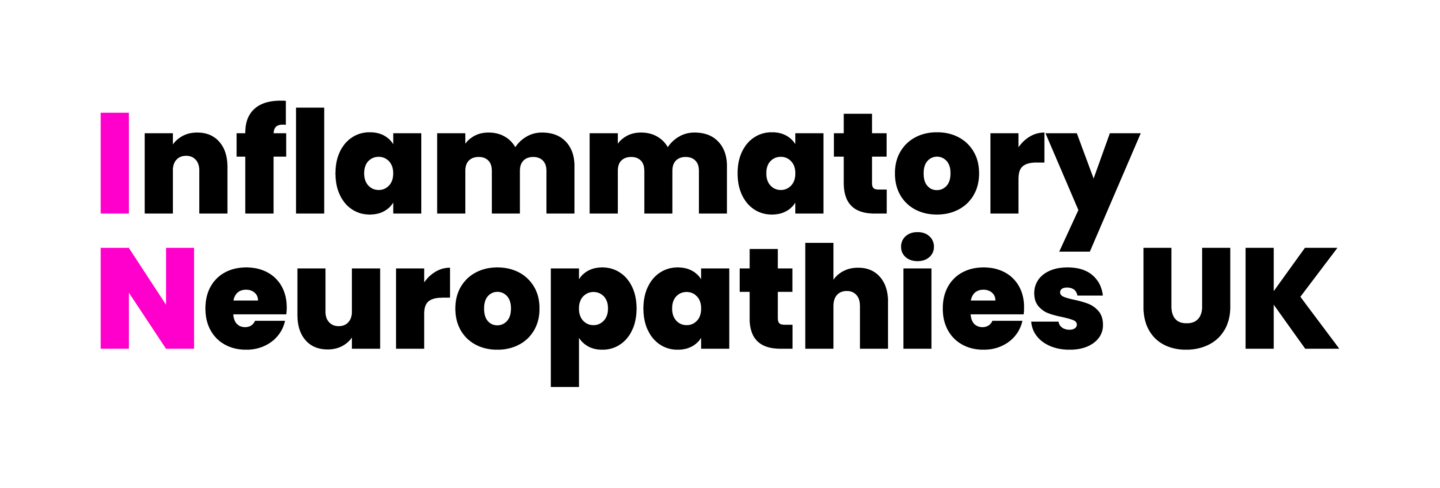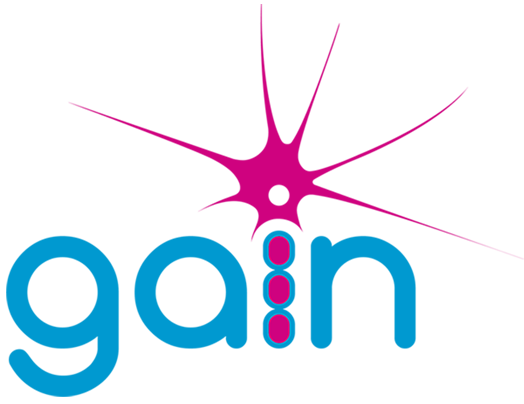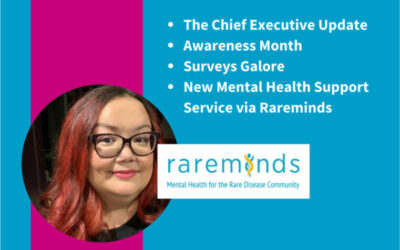Guillain-Barré Syndrome (GBS) – Rehabilitation
In this blog series we are taking an accessible look look at Guillain-Barré Syndrome (GBS). We’ve already covered what it is, the symptoms you should look out for, how it is diagnosed, and the treatment you may receive. In this blog we are looking at rehabilitation following on from GBS.
After treatment
Most people who have had GBS recover fairly quickly, and even those who have had it badly may still recover relatively quickly. However, some people who have had GBS may need some form of rehabilitation and therapies in order to achieve the best recovery. As everyone’s GBS journey is different, your rehabilitation journey is also likely to be unique to you, and there is no one size fits all approach.
Hospital
Some people with GBS will need to spend a length of time in hospital before rehabilitation. This is likely to be those people who have been in intensive care. The time spent in hospital can vary considerably depending on clinical need. During this time, you can expect to receive specialist neurological physiotherapy. This is aimed at stimulating muscles and joints in order to keep them flexible, and in order to rebuild and strengthen parts of the body which are inactive, especially if you are unable to move and walk. You may also receive support from a Speech and Language Therapist who can help with swallowing and communication
Rehab
Some people who have had GBS may need to spend additional time in a specialist rehabilitation centre. You may move to a rehab centre when your clinician thinks you are physically fit enough to leave hospital, but when you may still have some mobility and motor skills issues. A rehabilitation centre may be run by the NHS or may be a private centre. These centres will have specialist therapists and support onsite, and will help you prepare for returning home. Again, there is no specific timescale for how long someone may be at a rehab centre, it should all depend on individual needs.
Rehab at home
Not everyone who needs ongoing support with rehabilitation will need a rehab centre. Some people will receive rehab at home, and some people will ‘step down’ from a rehab centre to receive support at home. This should be from a specialist outreach team, but in some areas this may not be available and you may receive more generic support. Before you go home, you should receive input from an Occupational Therapist who will look at what support and equipment you may need, along with receiving a discharge plan which outlines what support you need and how it will be provided. You and your family should be part of developing this plan.
Going home
Whether or not you are receiving rehab at home, or being discharged because you are clinically ready to go home, leaving hospital or rehab can be daunting, especially if you still have support needs. In the next blog we will look at what ongoing support you may need as part of your recovery from GBS.
Ongoing GBS Support
GAIN is here to support people and families impacted by GBS, offering information, advice, and guidance; providing practical support where it is needed; funding and undertaking research; and raising awareness. If you’re looking for support, to have a chat or ask questions, why not join our monthly Get Togethers or sign up for our GBS Newsletter.
If you want to know more then you can read our blog series on GBS, or reach out to us, we are more than happy to support.




